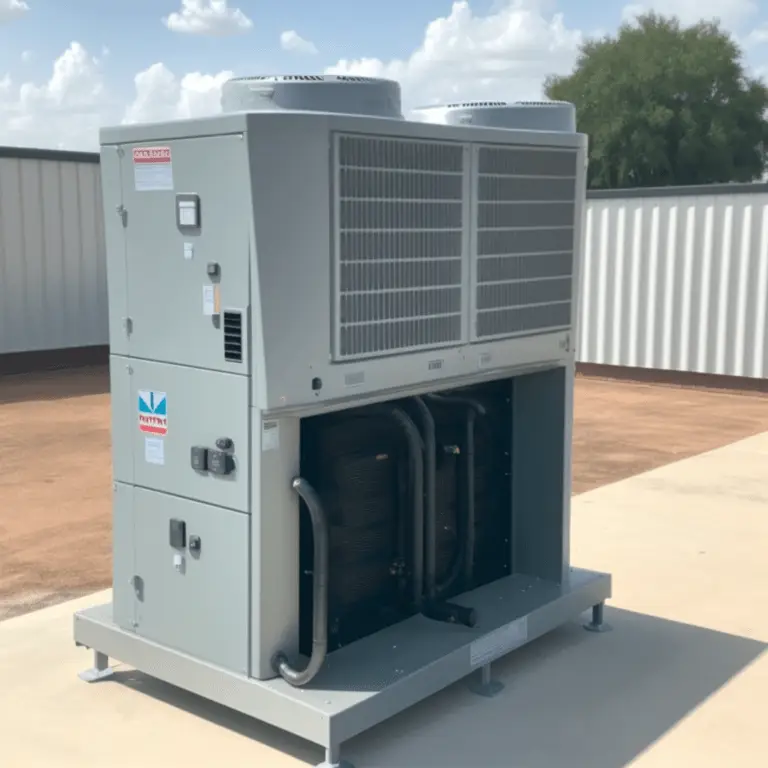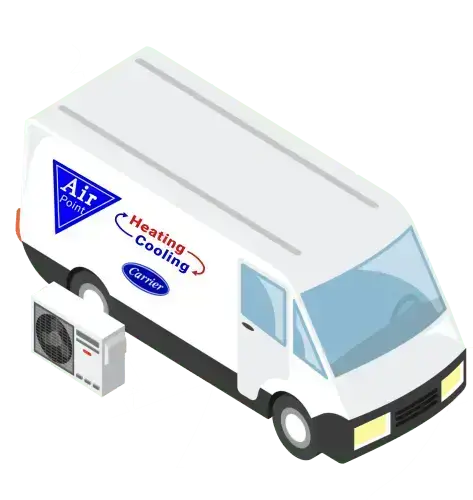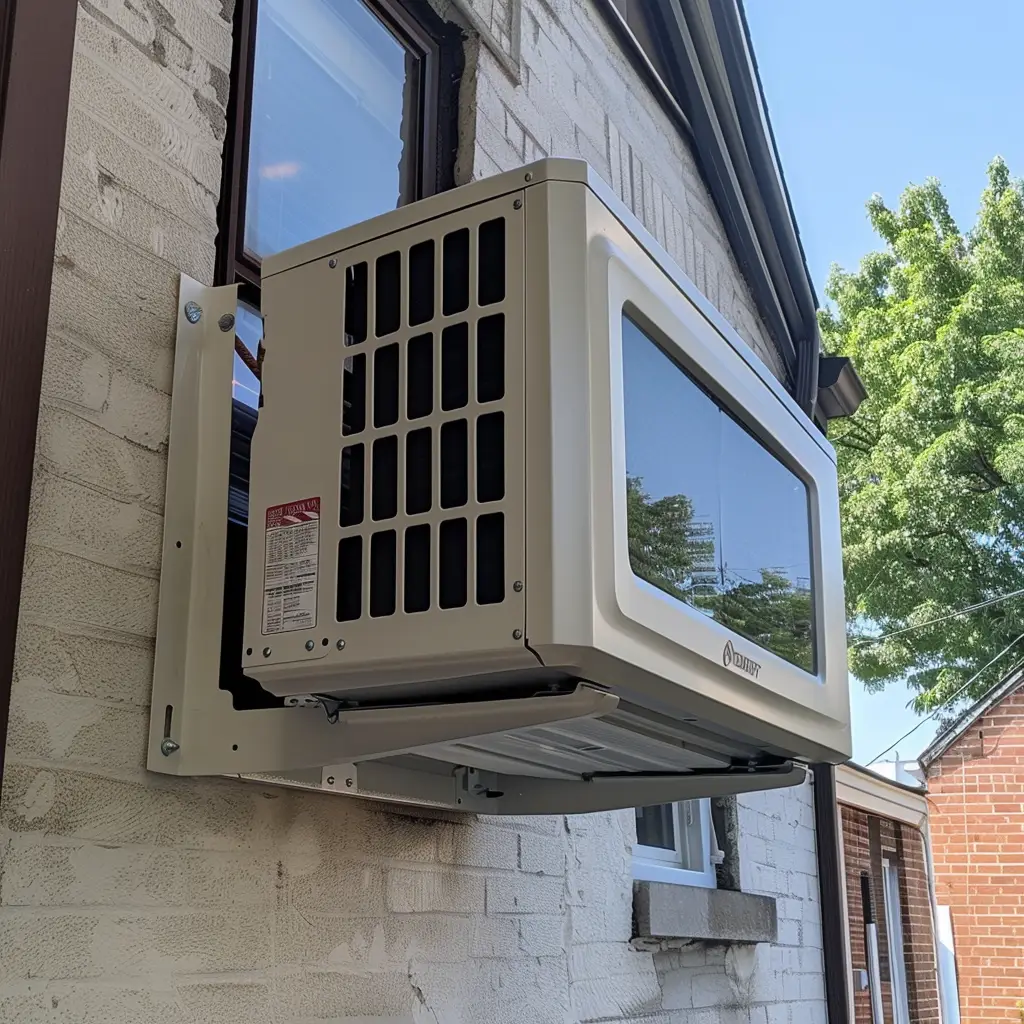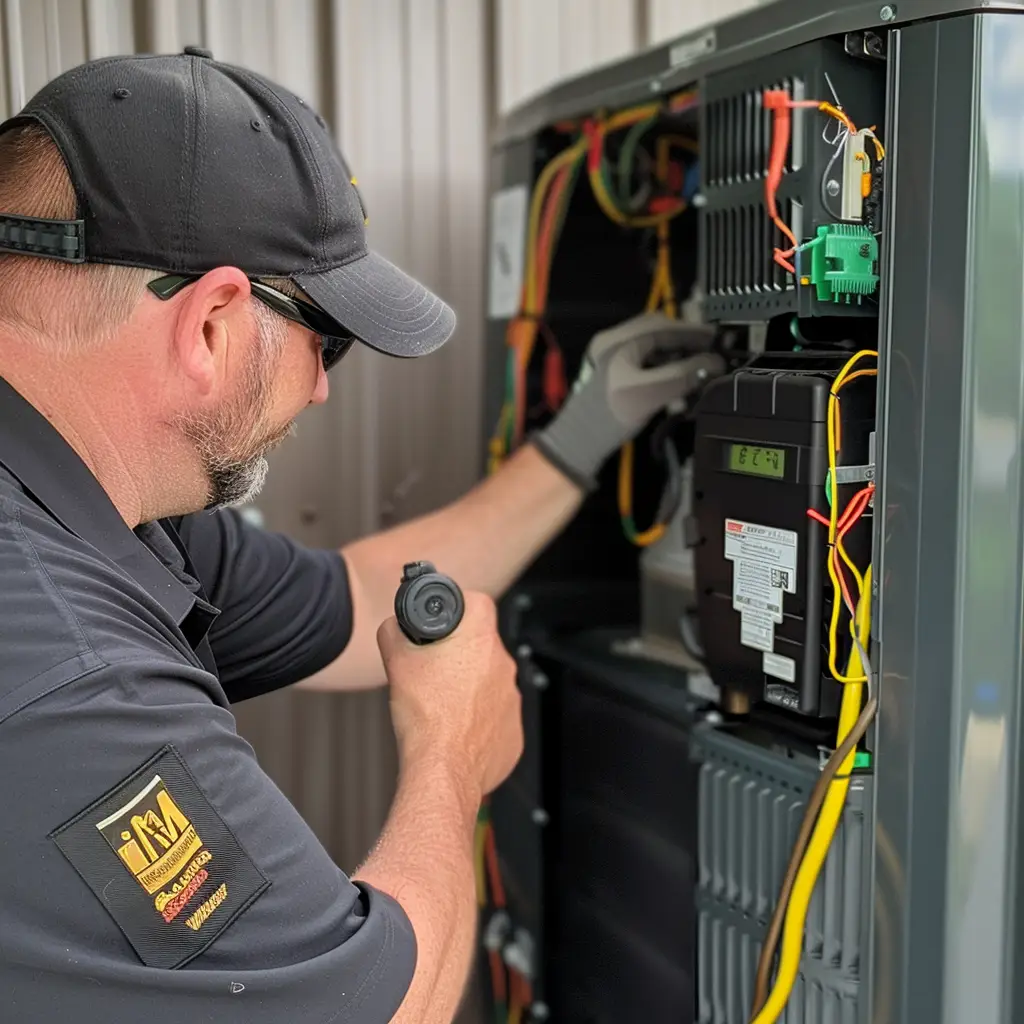Heating, Ventilation, and Air Conditioning (HVAC) systems are essential for maintaining a comfortable living environment in your home. Choosing whether to buy or rent an HVAC system can be a challenging decision, as both options come with their advantages and drawbacks.
This article will guide you through the various factors to consider when deciding between buying and renting an HVAC system, ensuring that you make the best choice for your specific needs.
Buy or Rent HVAC Systems: The Debate
When it comes to acquiring an HVAC system for your home, the choice between buying and renting is not always clear-cut. To make an informed decision, it is essential to understand the pros and cons of each option.
Pros of Buying
- Ownership: When you buy an HVAC system, you own it outright, giving you full control over its use and maintenance.
- Increased home value: A high-quality, energy-efficient HVAC system can increase your home’s value.
- Potential tax benefits: In some cases, purchasing an HVAC system may qualify you for tax credits or deductions.
Cons of Buying
- High upfront cost: Purchasing an HVAC system can be expensive, with prices often ranging from several thousand to tens of thousands of dollars.
- Maintenance and repair responsibility: As the owner, you are responsible for all maintenance and repair costs, which can add up over time.
Pros of Renting
- Lower upfront cost: Renting an HVAC system typically requires a smaller initial investment compared to buying.
- Maintenance and repairs included: Most rental agreements include regular maintenance and repairs, reducing your out-of-pocket expenses.
- Easy upgrades: Renting allows for more flexibility to upgrade to newer, more energy-efficient models as they become available.
Cons of Renting
- No ownership: When you rent an HVAC system, you do not own it, and you will need to continue paying for it as long as you use it.
- Potentially higher long-term costs: Over time, the total cost of renting an HVAC system may exceed the cost of buying one outright.
Factors to Consider When Deciding
There are several factors to consider when deciding whether to buy or rent an HVAC system:
Budget
If you have a limited budget, renting may be a more attractive option due to its lower upfront costs. However, if you can afford the initial investment, buying an HVAC system may save you money in the long run.
Length of Stay
If you plan to stay in your home for a long time, buying an HVAC system could be a better investment. On the other hand, if you anticipate moving within a few years, renting might make more sense.
Maintenance Responsibility
If you prefer not to worry about maintenance and repairs, renting could be the better choice. When you buy an HVAC system, you are responsible for its upkeep. Maintaining good Indoor air quality is essential for optimal long-term performance of your HVAC system.
Flexibility
Renting offers greater flexibility in terms of upgrading to newer models and adjusting your contract terms. Buying an HVAC system may limit your options for future upgrades without incurring additional costs.
Buying HVAC Systems
When purchasing an HVAC system, it’s essential to understand the different types of systems available and how to choose the right one for your home. Check out our AC buying guide and furnace buying guide to learn more.
Types of HVAC Systems
- Central heating and cooling systems: These systems use ductwork to distribute conditioned air throughout the home.
- Ductless mini-split systems: These systems consist of individual units for each room, allowing for more precise temperature control.
- Heat pumps: Heat pumps work by transferring heat from one area to another, making them energy-efficient options for both heating and cooling.
How to Choose the Right System
When selecting an HVAC system, consider factors such as your home’s size, climate, energy efficiency, and noise levels. Consulting with an HVAC professional can help you determine the best system for your specific needs. Check out these tips for hiring an HVAC contractor to help you make an informed decision.
Renting HVAC Systems
If you decide to rent an HVAC system, it’s crucial to understand rental agreements and the advantages of renting.
Understanding Rental Agreements
Rental agreements typically include terms such as the length of the contract, monthly rental fees, and the scope of maintenance and repair coverage. Be sure to read the agreement carefully and clarify any questions before signing.
Advantages of Renting
- Lower upfront costs
- Maintenance and repair coverage
- Flexibility to upgrade as needed
Making the Decision: Buy or Rent?
Ultimately, the choice between buying and renting an HVAC system depends on your individual needs, preferences, and financial situation. Consider all factors discussed in this article, and consult with an HVAC professional if you need further guidance.
To learn more about how much your HVAC system should cost, check out this video by Andy’s Corner HVAC
Rely on AirPoint’s Expertise for an Informed HVAC Decision
In conclusion, choosing whether to buy or rent an HVAC system is a significant decision that requires careful consideration. By understanding the pros and cons of each option and evaluating factors such as budget, length of stay, maintenance responsibility, and flexibility, you can make the best choice for your home. As a Carrier factory authorized dealer and NATE certified company in Toronto, AirPoint has the expertise to help guide you through this decision-making process. With numerous accolades, such as HomeStars Best of the Best 2023 and a 5-star rating on Google and HomeStars, our TSSA, HRAI, and CSA certified technicians can ensure you receive the highest quality service and support, regardless of whether you choose to buy or rent your HVAC system.
Rent or Buy HVAC System FAQs: Answers from the Experts
Is it better to buy or rent an HVAC system?
There is no one-size-fits-all answer to this question, as the better option depends on your individual needs, preferences, and financial situation.
What factors should I consider when deciding between buying and renting an HVAC system?
Consider factors such as budget, length of stay, maintenance responsibility, and flexibility when making your decision.
How do I choose the right HVAC system for my home?
Consult with an HVAC professional to help determine the best system for your specific needs, considering factors such as your home's size, climate, energy efficiency, and noise levels.
Are there any tax benefits to buying an HVAC system?
In some cases, purchasing an HVAC system may qualify you for tax credits or deductions. Consult with a tax professional to determine your eligibility.
What are the main differences between central, ductless mini-split, and heat pump HVAC systems?
Central systems use ductwork to distribute conditioned air, ductless mini-splits consist of individual units for each room, and heat pumps transfer heat from one area to another for energy-efficient heating and cooling.





